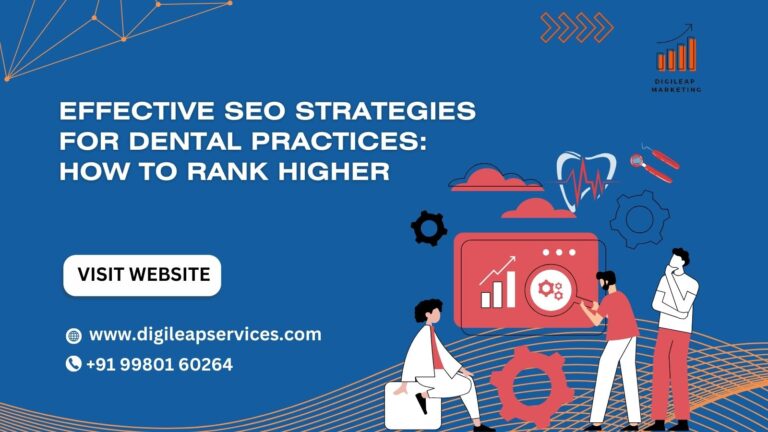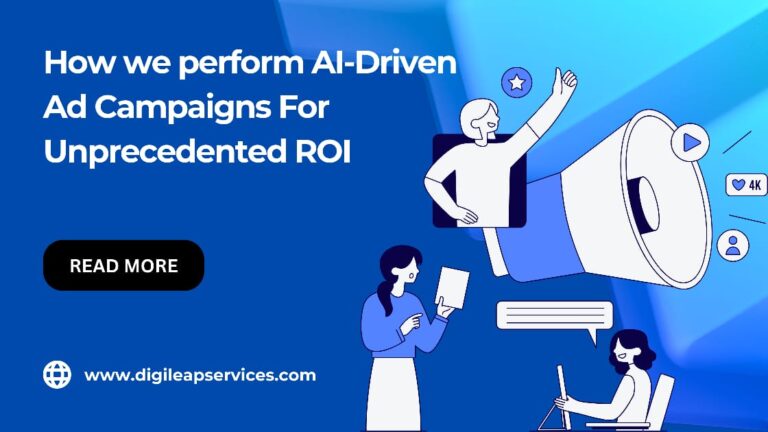Customer Intent Keywords: How to choose the best keywords?
Customer Intent Keywords: How to choose the best keywords?
Customer intent keywords is a broad term used by everyone to search for products to purchase. These are the most crucial, but also the most specific, keywords. These are individuals who frequently search for products and services using particular keywords. Consumer intent keywords include searches for “where to buy,” “best price,” and other elements of purchasing, in addition to reviews and comparisons.
These keywords have a rather niche user base. They represent the segment of your overall audience that is actively interested in purchasing and seeking out the ideal store to do so. You just need to persuade them that you’re the best spot for them to buy since they are likewise highly valued and prepared to acquire.
10 Ways to Choose the Best Customer Intent Keywords?
- Common Keywords for Customers
Consider the language people typically use to describe something they wish to buy, whether they are familiar with the specific item or not. Everybody and every industry use these kinds of keywords. No matter what type of product is been searched for, people who want to know the price will use keywords like “price,” “cost,” or “pricing.” These keywords will be among the most competitive in your high-intent niche, but they are always worth targeting to the greatest extent possible in order to attract visitors.
- Watch Out for Typical User Pain Points
Customers come to you because of pain points. After all, your product is made to address a specific issue. Understanding the kind of clients that normally purchase your product and the problems your product resolves for them is necessary to pinpoint pain spots.
- Users’ Common Pain Points
It can be difficult to comprehend and recognize pain locations for two reasons. The first is that however obvious it may seem to you, you may be offering a remedy to individuals who are unaware that they are experiencing a problem or the ones unaware that their issue even has a potential solution. The second is how tough it is to comprehend how your clients look for solutions to their issues. They might employ language when discussing a problem that differs from your own, making it difficult for them to locate you.
- Consider Using Research Keywords
Someone in the research stage of their customer journey is looking for details about an issue they are experiencing or a product they believe may be able to solve that problem. They have sufficient background knowledge of their problem to research it, but they now want to learn more specifics. This is your chance to show them how you can solve their problems with a strong landing page.
- Find Comparison-Oriented Keywords
A potential consumer looking for a solution to their problem may use comparison keywords to compare several companies or items. In the event that customers search for you rather than your rivals, you can also create these on your own. Many businesses compare themselves to their competitors on specific pages to make themselves appear superior.
- Look For the Terms “Risk Reduction“
Customers want to be sure they are getting what they need from a product. However, people want to know that they have options if they don’t receive what they were hoping for. These are search terms that indicate a user is considering making a purchase but is unsure about the product’s dependability or wants to ensure they can receive a refund, make a return, or get a replacement if something goes wrong. These are excellent keywords to target since they frequently result in sales on the same page.
- Look for Keywords with Additional Value
When customers want a little extra from their purchase, they employ additional value keywords. Have you ever noticed how every term for a product tends to have a keyword version for “coupons,” “discounts,” or “codes”? The reason is that customers want to know if there are any special offers, discounts, or coupons they can utilize to get more for their money.
- Look at Google’s Suggested Searches
The categories of keywords to look for are all listed in the advice above. Let’s now move on to other ideas you can utilize to locate the keywords themselves. Of course, Google itself comes first and foremost. Google offers suggestions in two different ways. Autocomplete is the first. Enter the first few letters of a search into Google to see what suggestions appear for the rest of the keywords. These are fantastic places to start because many of them will have higher consumer intent than broad keywords. Related search results are the second. Scroll to the bottom of the page after conducting a keyword search. Google includes a small area of “related searches” that include the same phrase or keywords that are linked in some way. These can be used to conduct additional studies.
- Watch the Search Terms People Use to Find You
Combining Google Search Console and Google Analytics is another way to find potentially valuable keywords. You may compare the data on conversion rates with reports for the keywords used in the organic referral traffic, which is traffic that arrived at your website through Google search rather than links or paid advertisements. Use this data to determine the keywords people are searching for to find you and then buy from you.
- Utilize Tools for Competitor Research to Find PPC Keywords
Most likely, your competitors are hunting for terms with high buyer intent. They most likely have some, and their marketing efforts are directed toward them. As a result, you might make use of tools to discover the keywords they’re using. You can track the paid advertising that your competitors are running by using tools like Sprout Social, Phlanx, and Social Blade.
You may find out which keywords they consider valuable enough to pay for and determine whether or not they are relevant for your company based on their buyer intent. Others will be, and those are the ones you want to search for. Some won’t be, such as brand and product names.
For more such tips and guides subscribe to Digileap Marketing Services newsletter.












